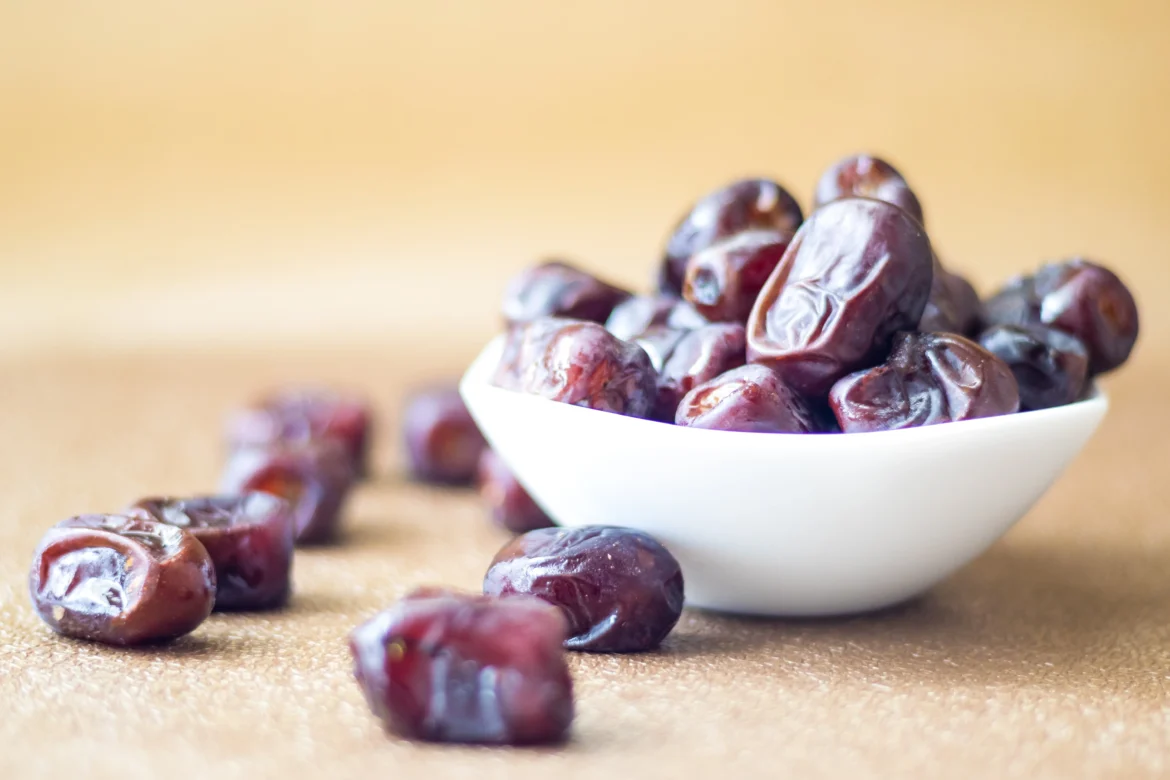The partnership between the Royal Commission for AlUla (RCU) and King Abdullah University of Science and Technology (KAUST) is addressing pivotal agricultural challenges through two flagship projects in water and pest management.
The Royal Commission for AlUla (RCU) and King Abdullah University of Science and Technology (KAUST) have partnered to address pivotal agricultural challenges through two flagship projects in water and pest management.
The pressing need to conserve scarce water resources in AlUla has underscored the partnership’s focus on water management, the RCU shared.
Through optimising water usage for crops, they are pioneering innovations with the potential to bring transformative change to water-scarce regions worldwide.
The two shared that beyond conservation is a vision of smarter utilisation that “benefits both the land and its people.” Further, it said that this approach could serve as a blueprint for other regions grappling with similar challenges.
Evidence of this hands-on water management collaboration, it said, was seen in the concluded pilot project in a Cultural Oasis District farm and the corresponding compost sample analyses conducted at the KAUST facility.
Through an advanced composting technology solution, agricultural waste that otherwise gets burned was converted into compost soil with high water retention and nutrient value. The results reportedly confirm the ability to create products to improve soil’s water retention capabilities, which could reduce a farm’s carbon emissions by ~70%, reduce water consumption by ~50%, and improve their yield by ~40%.
Other water management projects in the pipeline include the development of heat and drought-tolerant crops, with potential water savings of 300L per kilogram of produce.
There is also an upcoming pilot project for a mobile, remote-controlled, and decentralised wastewater treatment plant which can recycle water for agricultural use, gardening and landscaping, and toilet flushing, with potential energy savings of up to 80%.
In the domain of pest and disease management, the collaboration it outlined has yielded “promising results” with the potential to create an “indelible impact on date farming in AlUla and beyond.”
Using cutting-edge technology to detect pest infestations—through machine learning algorithms that filter out environmental noise (wind)—this initiative, it said, might soon set a new global standard in sustainable farming.
A now-concluded pilot dedicated to preserving palm trees involved the innovative use of optic fibre cables wrapped around palm trees between Aljadeeda and the Cultural Oasis District farms.
The solution uses fibre optics to detect the early stages of red palm weevil larvae infestation before any visible impact can be detected.
This method has now been shown to achieve the early detection of the red palm weevil.
RCU and KAUST will also be publishing a joint white paper on the results of the pilot to benefit the broader date farming industry globally.
RCU is now exploring ways to scale up the adoption of the solutions from both the water and pest management pilots in AlUla.




